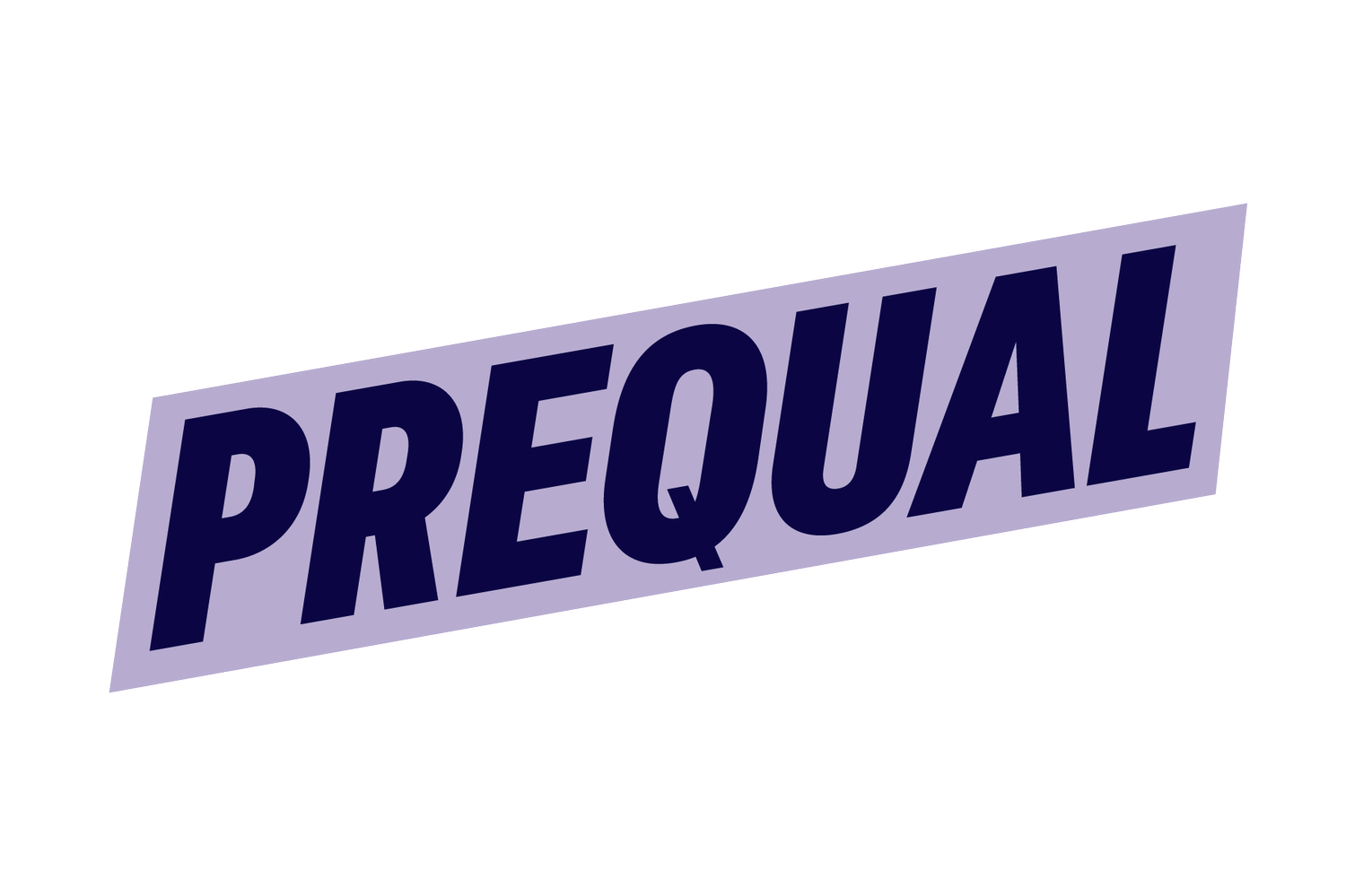Getting Comfortable Talking About Money
Talking about money can feel uncomfortable for many people. Money conversations can quickly become stressful, whether it’s negotiating your salary, discussing a budget with a partner, or simply explaining your rates as a freelancer. However, getting comfortable with these discussions is crucial for personal and professional growth. So, how can you break through the discomfort and confidently speak about money?
Here’s why getting comfortable with talking about money is important:
Empowerment
Having control over money conversations allows you to take charge of your financial future. Whether negotiating your salary or setting rates for your business, talking openly about money empowers you to advocate for what you’re worth.Better Financial Decisions
The more you talk about money, the easier it becomes to make informed decisions. When you’re comfortable with discussions around money, planning, investing, saving, and even managing debt is easier.Breaking the Taboos
Money has long been considered a taboo topic, especially when it comes to salaries, compensation, and personal finances. However, the more we normalize these conversations, the less shame or guilt is associated with discussing money matters openly and honestly.
Step 1: Reframe Your Mindset About Money
The first step in getting comfortable with money is shifting your mindset. Instead of seeing money conversations as something negative or awkward, try to view them as opportunities to take control of your finances and advocate for yourself.
Value yourself: Understand the value you bring to the table, whether you're a professional asking for a raise or an entrepreneur setting rates. When you know your worth, asking for what you deserve is easier.
Be confident in your financial decisions: Whether you’re negotiating a salary or discussing your spending habits, know that you have the right to make decisions that serve your best interests.
Step 2: Practice, Practice, Practice
The more you talk about money, the easier it will become. Start by having small, low-stakes conversations about money.
Talk about money with family and friends: Share financial goals with your loved ones or ask for their advice on budgeting or investing. These conversations are a safe way to practice being more open about money.
Role-play salary negotiations: If you're preparing for a salary negotiation or a rate increase as a freelancer, role-playing with a mentor or trusted friend can make you more comfortable with the process.
Step 3: Prepare for the Conversation
Preparation is key to feeling confident during any money conversation.
Know your worth: Research what others in your field are earning for salary negotiations and use that as a benchmark. For entrepreneurs or freelancers, know your market value and how much time, effort, and expertise goes into each project.
Anticipate objections: Think about what the other party may say during the discussion, and be ready to address any concerns. For example, if you’re asking for a raise, you might be met with concerns about the company’s budget. Be ready to show how your contributions add value and explain why you’re worth the increase.
Step 4: Normalize Financial Transparency
Whether it’s discussing compensation with a client, talking about your spending habits with a partner, or even bringing up money at a networking event, financial transparency is crucial.
Salary transparency at work: If you’re in a corporate environment, push for salary transparency where appropriate. This can help eliminate wage gaps and create a more equitable culture.
Set boundaries and expectations: As a business owner or consultant, it’s essential to discuss payment terms, expectations, and rates upfront. Establishing boundaries around finances helps set clear expectations for both you and your clients.
Step 5: Handle Awkward Moments Gracefully
It’s natural to feel awkward when discussing money, especially if you’ve never done it before. Here are a few tips to handle those uncomfortable moments:
Stay calm and patient: If the conversation starts to feel tense, take a deep breath and remember that this conversation is normal and healthy.
Practice gratitude: If you’re negotiating a raise or asking for more money, show appreciation for the opportunity to discuss your compensation and express gratitude for the consideration.
Use positive language: Instead of framing your request as “I need more money,” try phrasing it in a more positive light, like “I’d like to revisit my compensation based on my increased responsibilities and contributions.”
Step 6: Take Action and Follow Through
Once you’ve had the conversation, it’s essential to follow up if necessary. For instance, if you’re asking for a raise or higher pay as a freelancer, send a follow-up email summarizing the discussion and next steps. Don’t be afraid to be persistent if you feel you deserve what you’ve asked for.
The Power of Money Conversations
Getting comfortable with talking about money is empowering, whether you’re navigating your career or managing your personal finances. By reframing your mindset, preparing thoroughly, and practicing regularly, you can approach money conversations with confidence and clarity. The more you practice, the easier it will become, and soon, you’ll be advocating for yourself like a pro.


